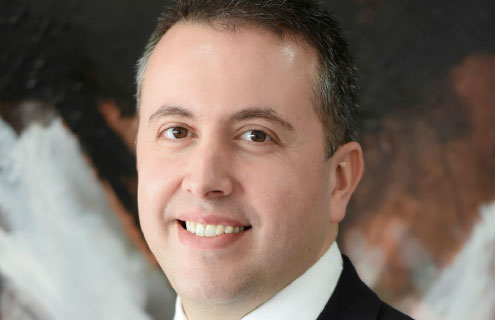Malta has reported a 5 per cent increase in licensed insurance carrying cells to 63 while insurance broker cells grew by a net 20 per cent to 12. Commenting on the results, Ian-Edward Stafrace, chief strategy officer at Atlas Insurance PCC, says that similar to other jurisdictions, there is higher growth in cells compared to standalone companies or captives. Malta now has a total of 60 standalone non-domestic insurance and reinsurance companies. In 2020, Malta saw five surrender their licence, while the domicile welcomed three new additions. Stafrace explains that at least three of the five surrenders were directly writing risks principally in the UK. He says: “The surrenders were likely driven by Brexit, where they may have decided not to go down the branch establishment or fronting route.” Following Brexit, Malta is now the only EU member state with protected cell legislation as insurers in the UK and Gibraltar are no longer able to access the single market. Thanks to their cost burden sharing, PCCs such as Atlas pursuing a UK branch licence have uniquely been able to provide access for cells to both EU and UK markets, further contributing to cell growth. Although there has not been a spike in figures, Stafrace suggests these numbers are not reflective of the rapid growth the country is experiencing. With more organisations looking to captives to help tackle the hardening market and bring the stability and control they yearn, he reveals that Atlas has received 85 per cent more enquiries than 2019, and more engagements for protected cell assessments and setups than any prior year. Stafrace comments: “With its more stringent prudential and conduct regulation, the setup timeframes for onshore EU insurers, captives and cells are longer than offshore jurisdictions, especially were direct writing.” “However, with the growth in enquiries and engagements, we expect to see a substantial rise in net licences in 2021 as more enquiries move through assessment and setup,” he adds.


